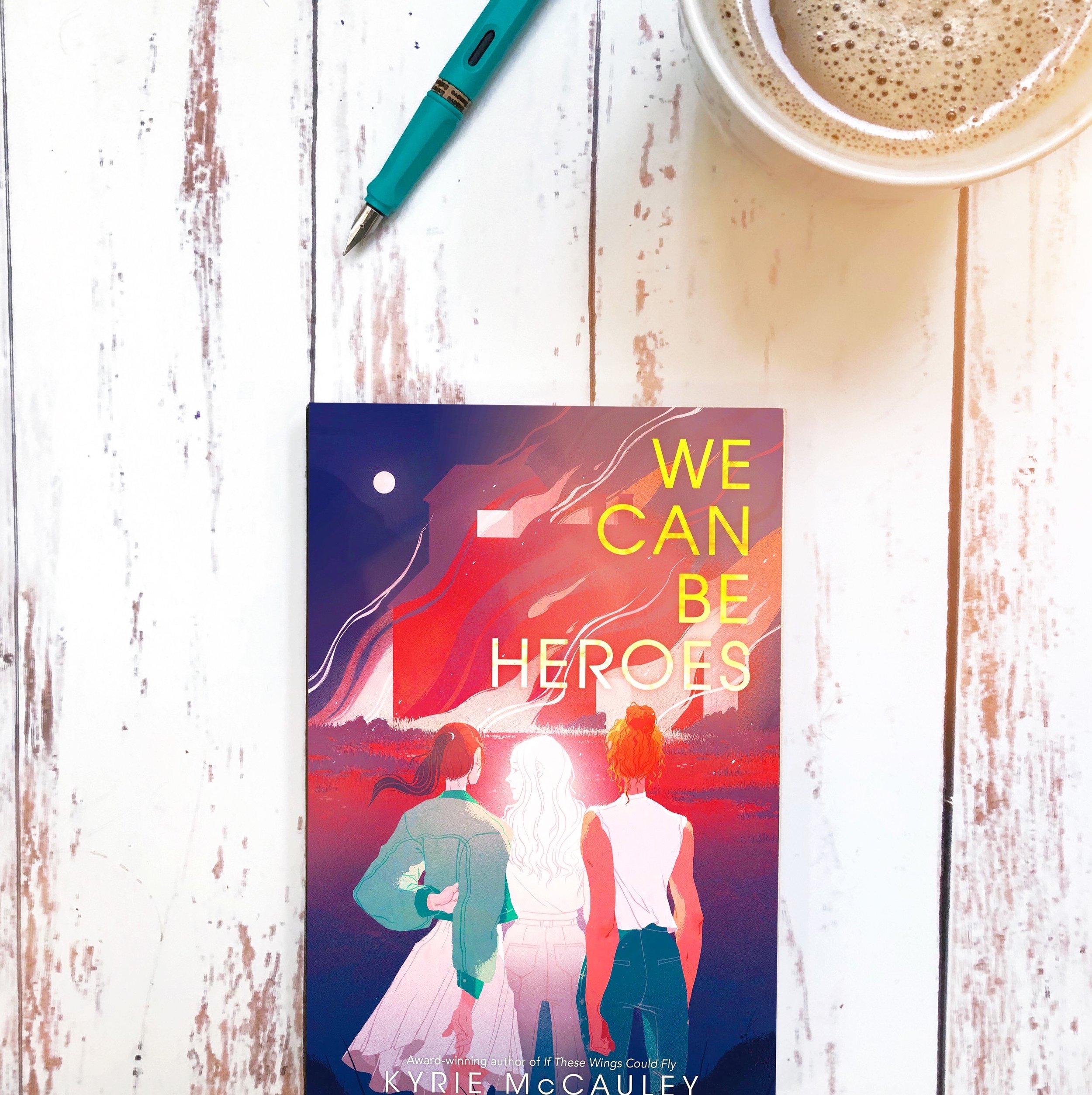5 Ways to Read Robinson Crusoe
It’s been 300 years since Daniel Defoe introduced the world to the globe-trotting adventures of an Englishman with serious wanderlust. We keep reading his story because there are so many different ways to read it.
It’s been 300 years since Daniel Defoe introduced the world to the globe-trotting adventures of an Englishman with serious wanderlust. We keep reading his story because there are so many different ways to read it.
... as an adventure story
Robinson Crusoe kicked off an entire literary genre that’s still very much alive and kicking today. (It’s no coincidence that the Lost in Space family has the surname Robinson.) Note the tropes Defoe introduces: The headstrong young man in search of adventure, the shipwreck/crash that only our narrator survives, his struggle to make a life in an alien place with limited tools and lots of ingenuity. These tropes defined a new genre, whose modern-day descendants include works like The Island of the Blue Dolphins, The Martian, Hatchet, and Gilligan’s Island.
... as a proto-novel
Robinson Crusoe is almost-but-not-quite a novel, and this can make it a fascinating read. The 18th century was a bubbly cauldron of literary possibility, and many of the seeds of the novel appear in Crusoe’s adventures — perhaps most notably the idea that the life of an ordinary person could be a story worth telling. Defoe takes several kinds of literature from his time — travel narratives, journalism, historical accounts — and mashes them up to create an early novel. Defoe experimented with all kinds of literary forms, but it’s his early novels that have had the biggest influence on the world of literature.
... as a discussion of 18th century morality
During times of hardship, Crusoe is drawn to his Protestant roots, seeking comfort and forgiveness in religion — but when the storm (literal or figurative) ends, he’s back to making his own decisions without much fuss about their morality. The 18th century, coming on the heels of the Scientific Revolution, marks an interesting period in the history of religion, and Crusoe is an apt representative of its shifting status from central guide to moral suggestion.
... as a colonialist narrative
James Joyce saw Defoe’s Crusoe as a representative of the British Empire as a whole (and Joyce didn’t mean that as a compliment to the adventurer): “The whole Anglo-Saxon spirit in Crusoe: the manly independence, the unconscious cruelty, the persistence, the slow yet efficient intelligence, the sexual apathy, the calculating taciturnity” gave Joyce, writing in the early 20th century, pause, and reading about Crusoe’s role in the slave trade and his relationship with his indigenous companion should give us pause today, too.
... as an assertion of individuality
Perhaps Crusoe’s greatest contribution to literature is that bold first-person “I:” Crusoe tells his own story, in his own words, and he does — sometimes to his detriment — his own thing, based on his own urges and desires. It’s because of Crusoe’s individuality that he’s able to survive on a lonely island for so long, recreating a form of English civilization in the wilderness, and it’s because of his individuality that he’s not content to sit at home and reap the rewards of his adventures when he’s finally returned to civilization.
(We’re Amazon affiliates, so if you purchase something through an Amazon link, we may receive a small percentage of the sale. Obviously this doesn’t influence what we recommend, and we link to places other than Amazon.) This was originally published in the spring 2019 issue of HSL. (And if you use the High School at the Academy curriculum, you know that Amy is kinda obsessed with all the ways you can read Robinson Crusoe!)
Photo: Wikimedia Commons















Three action-packed YA novels that might just scratch your homeschool reading sweet spot.